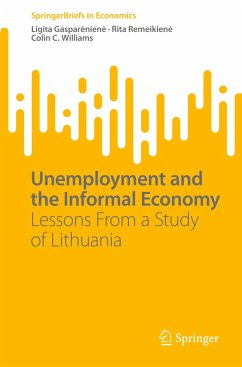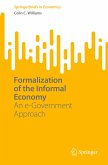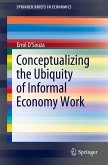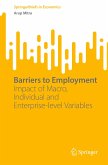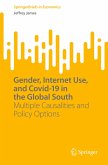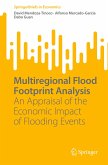This Brief examines the dynamics between the informal economy and unemployment rates, the causes of informality, its consequences and potential reduction measures at both the theoretical and empirical level. Using Lithuania as a case study, this book tests the assumption that participation in the informal economy is largely by the unemployed in emerging economies. Chapters present a systematic and comparative literature analysis, a quantitative survey of participation in the Lithuanian informal economy, especially among the unemployed, an expert evaluation involving representatives of municipalities in charge of the issues of employment, and a statistical analysis of the results. Challenging traditional narratives around the informal economy, this Brief is targeted at academic and postgraduate researchers studying labor economics, public economics, human resource management, industrial relations, and economic sociology.
Bitte wählen Sie Ihr Anliegen aus.
Rechnungen
Retourenschein anfordern
Bestellstatus
Storno

